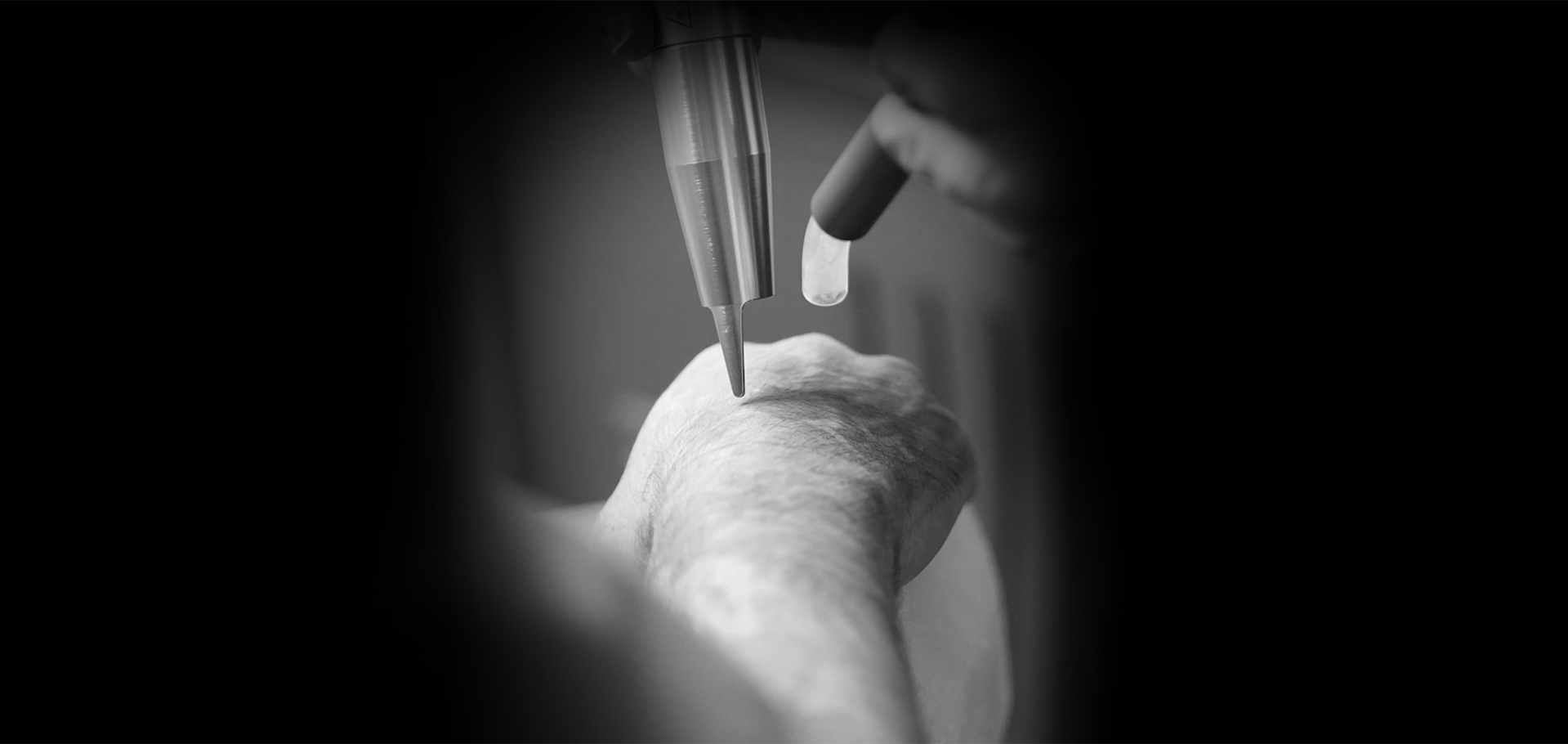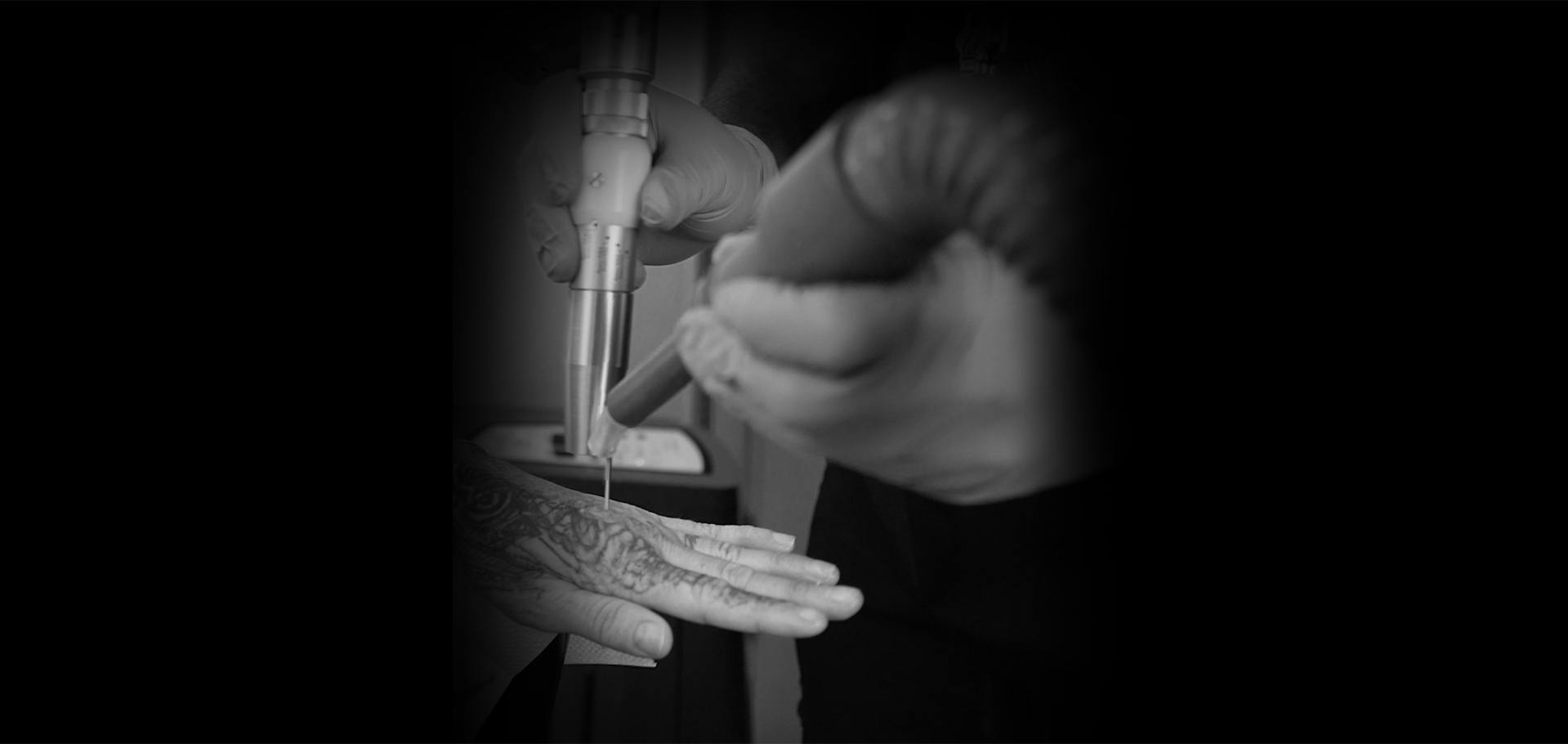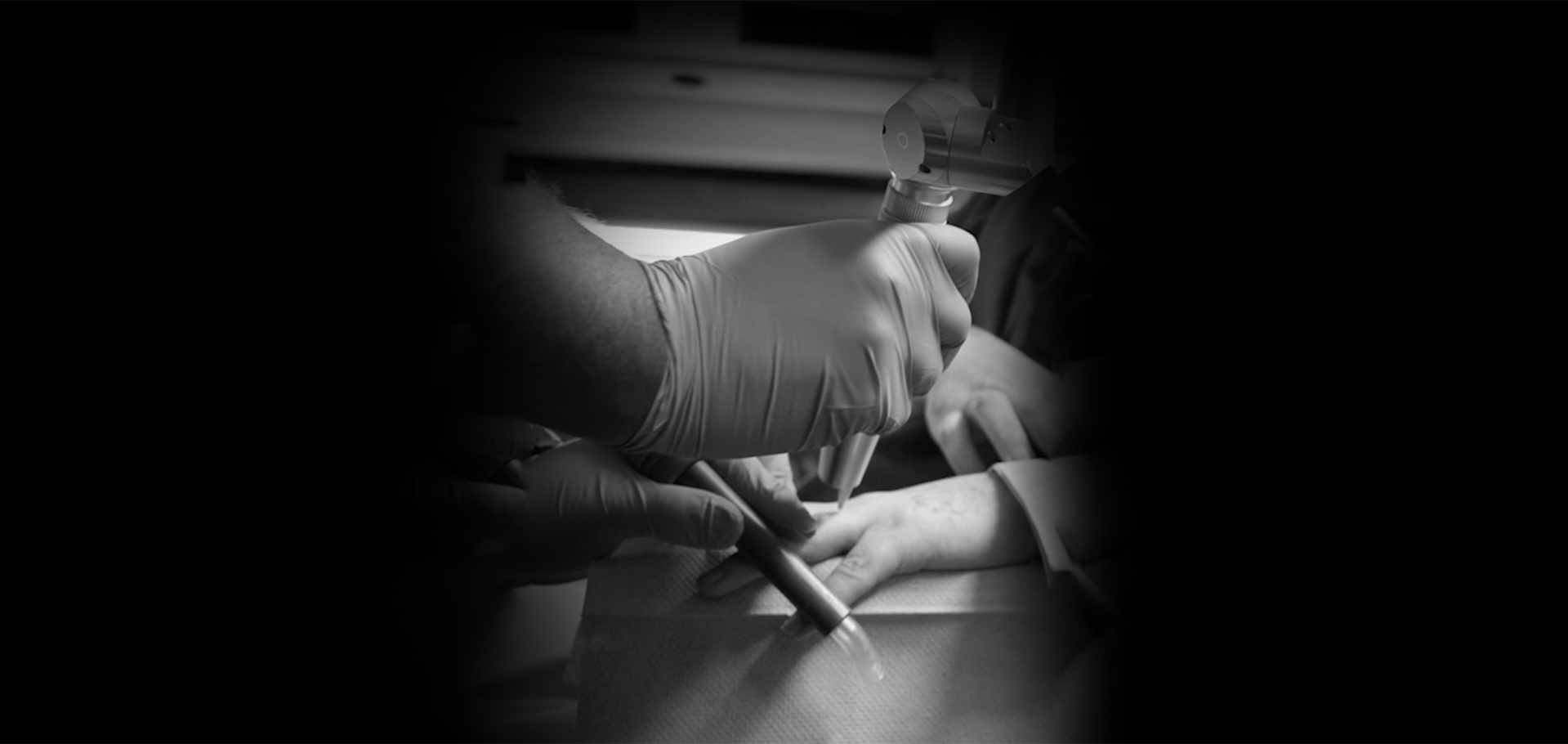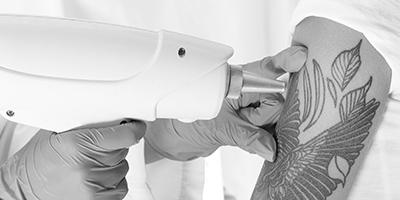
Tattoos have become increasingly popular. Many people adorn their bodies with intricate designs and meaningful symbols. However, tattoos have had a stigma and have long been associated with rebelliousness and nonconformity.
Most people use it as a form of self-expression and personal identity. Despite their growing acceptance, tattoos can still be controversial in the workplace. Many employers question whether they are appropriate for professional environments.
The Rise of Tattoos in Society
Tattoos have a long history, with evidence of tattooing dating back to ancient civilizations. In the 20th century, tattoos began to gain mainstream acceptance. In the 1960s and 1970s, tattoos were primarily linked to sailors, bikers, and other subcultures.
As the years progressed, tattoos became more mainstream. Today, tattoos are not a sign of rebellion or nonconformity. Most people see them as a form of self-expression and personal identity.
The Impact of Tattoos on Hiring
Despite the growing acceptance of tattoos in society, they can still be a contentious issue in the workplace. Many employers worry about the candidates’ ability to perform job duties with tattoos on their bodies. They worry about interacting with customers or clients.
Some employers view tattoos as unprofessional or as a potential distraction. Others fear that tattoos may be offensive to some customers or clients. As a result, many employers will consider tattoos when evaluating job candidates.
The Legal Considerations
Employers must review legal considerations when evaluating job candidates with tattoos. Under federal law, employers cannot discriminate against job candidates based on their tattoos. There can only be an exception if the tattoos would create an undue hardship for the employer.
Employers can only stop hiring if the tattoos would hinder performing job duties or would cause a safety hazard. Additionally, employers cannot require employees to cover or remove their tattoos. It should not be a condition of employment unless the tattoos would create an undue hardship for the employer.
The Role of Company Culture
Company culture plays a significant role in how tattoos are viewed in the workplace. Some companies have a more conservative culture. Other companies have a more relaxed or casual culture in which tattoos may be more accepted. Employers must consider the values and culture of their company when evaluating job candidates with tattoos.
The Importance of Context
It is important to remember that the impact of tattoos on hiring can vary based on the context. For example, a tattoo on the face may be considered differently than a tattoo on the arm or leg. Additionally, the content of the tattoo can be a factor in how it is viewed.
A tattoo that is offensive or contains inappropriate language is regarded differently than a more neutral or symbolic one. Employers must consider the context of the tattoo when evaluating job candidates.
The Importance of Professionalism
What matters most to employers is whether a job candidate can prove professionalism. Regardless if a candidate has tattoos, employers should focus on their qualifications. They should look for work experience and skills. In most cases, tattoos should not be a determining factor in the hiring process.
For more about how tattoos affect hiring and our process of laser tattoo removal, contact Mobile Tattoo Removal Experts at info@mtrexperts.org today.





